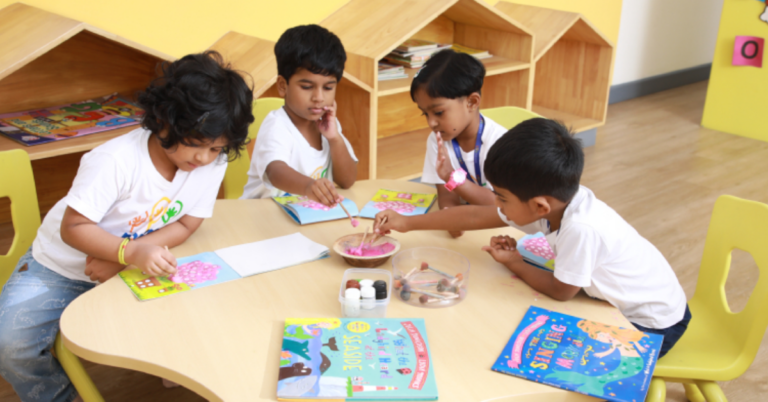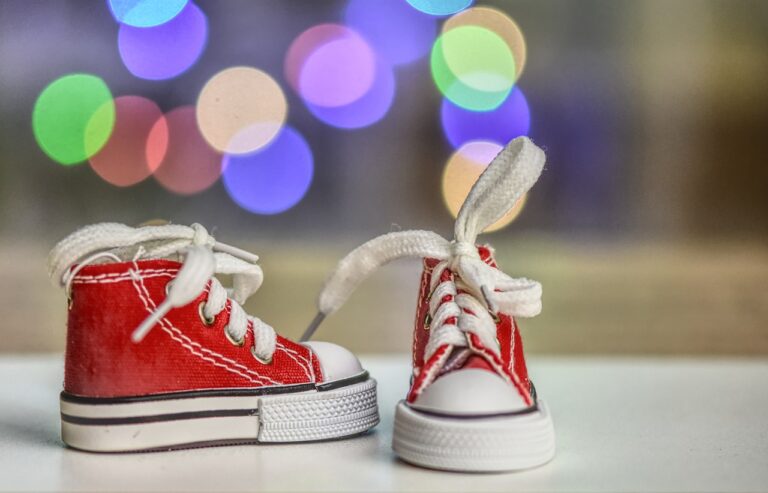Analyzing the Benefits of Arts Education for Cognitive Development
Arts education plays a vital role in enriching cognitive development among individuals, especially during crucial stages of growth and learning. Engaging in artistic activities like painting, music, or drama can improve various cognitive functions, such as memory, attention span, and problem-solving skills. By exploring creative expressions, individuals are able to tap into different parts of their brain, leading to enhanced neural connections and cognitive flexibility.
Research has shown that those who participate in arts education tend to have improved academic performance and better overall cognitive abilities compared to those who do not engage in such activities. The process of creating art not only stimulates the imagination but also strengthens critical thinking and analytical skills. Moreover, learning about various art forms exposes individuals to different perspectives and helps in developing empathy and understanding of diverse cultures and ideas.
The Relationship Between Arts Education and Critical Thinking Skills
Arts education is a powerful tool that plays a vital role in fostering critical thinking skills. By engaging with various forms of art, students are encouraged to analyze, interpret, and evaluate information in a creative and open-minded manner. This process of examining different perspectives and exploring complex ideas helps to develop their ability to think critically and make informed decisions.
Through arts education, students are exposed to diverse narratives, cultures, and viewpoints, which encourages them to question assumptions and challenge their own beliefs. By actively participating in artistic activities such as painting, music, or drama, students learn to think critically about the choices they make and the impact of those choices on themselves and the world around them. This continuous engagement with creative thinking not only enhances their cognitive abilities but also equips them with the skills needed to navigate the complexities of the modern world.
How Arts Education Enhances Problem-Solving Abilities
Engaging in arts education can significantly enhance one’s problem-solving abilities. As individuals participate in artistic activities, they are often faced with challenges that require them to think creatively and explore various solutions. This process of experimenting with different options and adapting to unexpected obstacles can help individuals develop flexible thinking skills that are essential for problem-solving in various contexts.
Moreover, arts education encourages individuals to approach problems from multiple perspectives. By immersing themselves in creative pursuits, individuals learn to consider different viewpoints and embrace diverse ways of thinking. This ability to see issues from various angles can lead to more innovative and effective problem-solving strategies. Through arts education, individuals can cultivate a mindset that is open to new ideas and solutions, ultimately enhancing their problem-solving abilities.
How does arts education benefit cognitive development?
Arts education helps stimulate creativity, critical thinking, and problem-solving skills, which are essential for cognitive development.
How does arts education improve critical thinking skills?
Through engaging with artistic processes and interpretations, students learn to analyze, evaluate, and make connections between different ideas, leading to enhanced critical thinking skills.
Can arts education help students become better problem solvers?
Yes, arts education encourages students to think outside the box, explore different perspectives, and come up with innovative solutions to artistic challenges, all of which can translate to improved problem-solving abilities in various areas of life.
How can educators incorporate arts education into their curriculum to enhance problem-solving abilities?
Educators can integrate arts education into subjects like math, science, and language arts, using creative projects and activities to help students develop their problem-solving skills within a different context.
What are some examples of how arts education can be used to enhance problem-solving abilities in students?
Examples include using music composition to teach pattern recognition, using visual arts to explore perspective and perception, and using drama to encourage empathy and understanding of different viewpoints.







